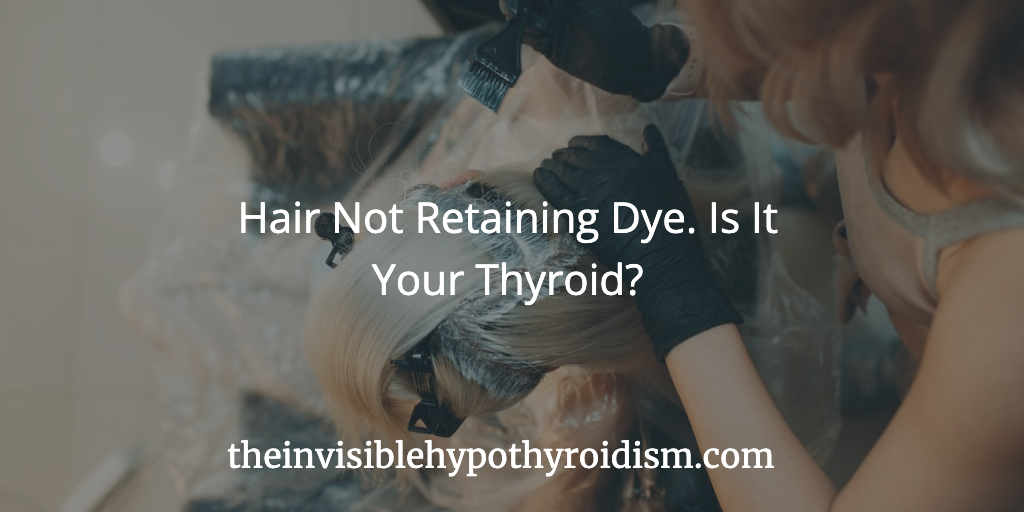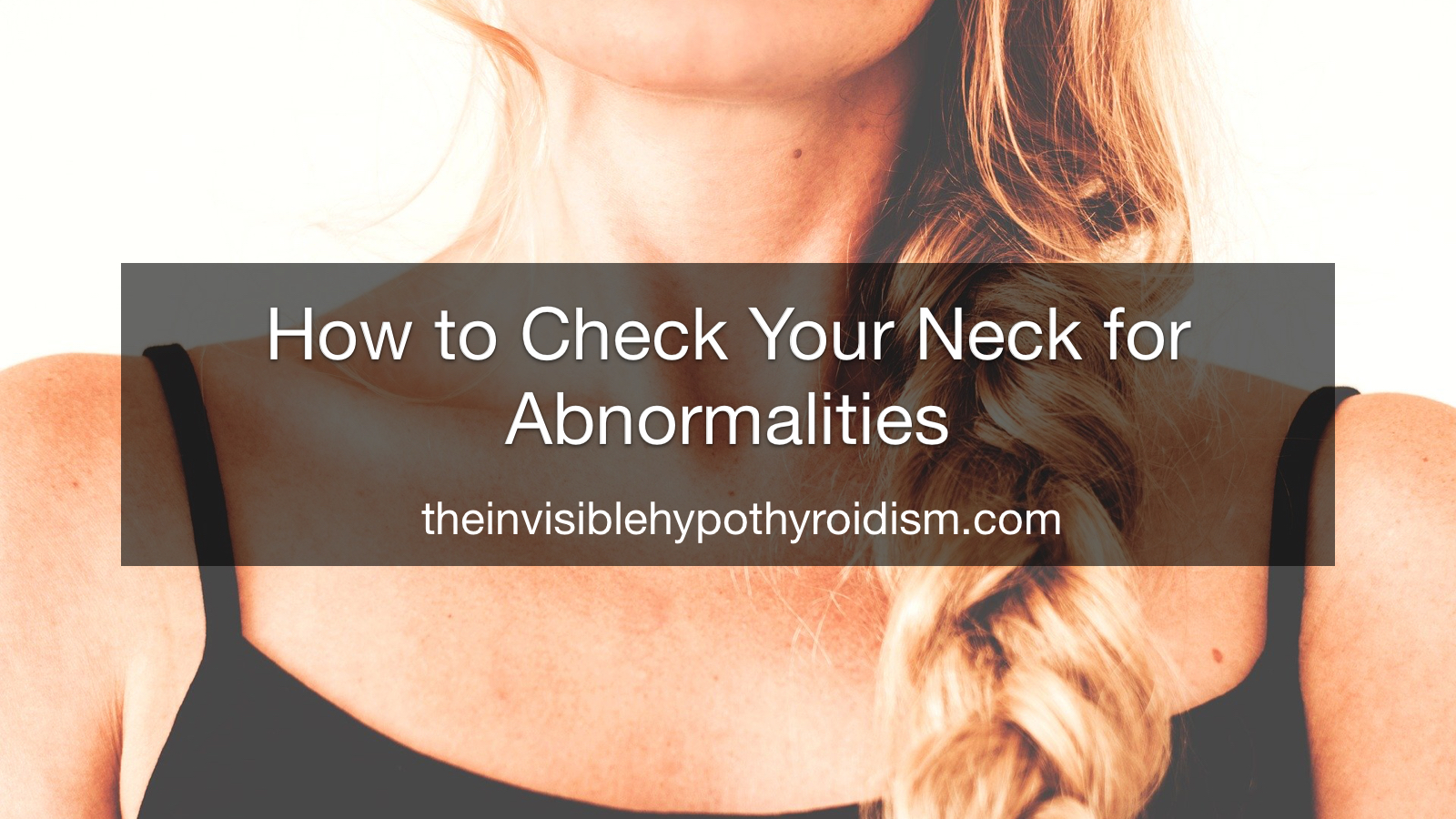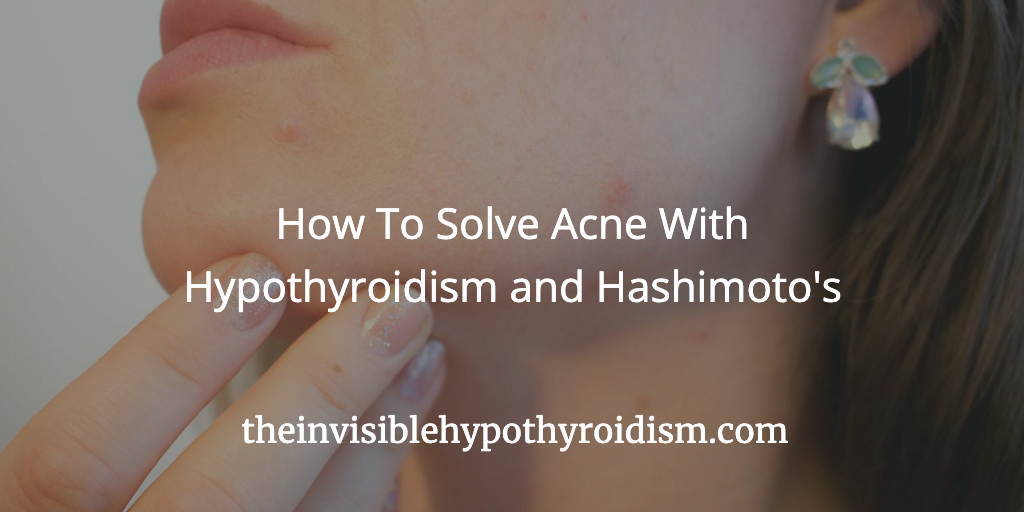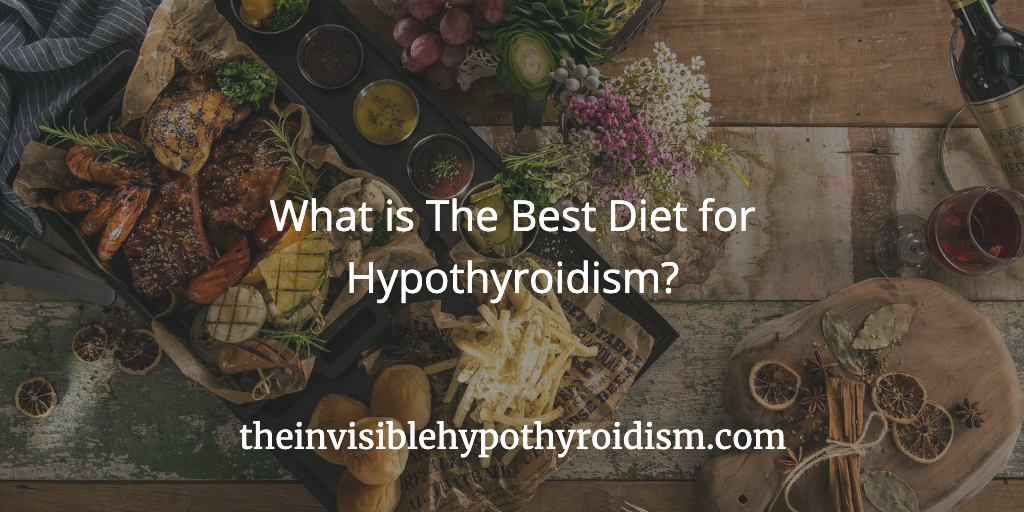This is one of those questions I am asked surprisingly often, and it’s only gotten more frequently asked in online spaces as time has gone on:
“Is anyone else’s hair not holding on to hair colour (dye) like it used to?!“
Let’s explore this!

Why Might Hair Struggle To Retain Dye With Hypothyroidism?
Interestingly, there is no known direct link between length of hair dye lasting and thyroid hormone levels, but my theory would be that hair struggling to retain hair colour is due to:
Hypothyroidism Causing Dry and Brittle Hair.
It is well recognised that hypothyroidism can cause dry, brittle hair. Hair that is not in a healthy and nourished condition will struggle to retain hair dye. This is because very dry hair struggles to hold on to colour.
So to improve hair colour being retained, you can look at ways in which to strengthen hair, increase moisture and reduce brittleness and dryness.
Related Post: Hair Loss and Hypothyroidism
Areas to address if this is you, include:
1. Ensuring Thyroid Levels Are Optimal
We already know that hypothyroidism can lead to hair loss, however, it can also cause dry and brittle hair.
Optimal thyroid levels are different to just being ‘normal’ or ‘in range’, which you may have heard a doctor say before. Optimal results are the places most thyroid patients say they feel best within the range.
Click here to see full list of tests you should have done a hypothyroid patient.
You can also order your own full thyroid panel online, which can be a great option if your doctor won’t run all the tests. Find a UK option here and a worldwide link here.
Optimal thyroid levels are commonly said to be a TSH below 2 or 2.5, and Free T4 midrange, with a Free T3 in the top quarter of the range. However, these can differ from person to person, but generally, if you have optimal thyroid levels, you shouldn’t be seeing thyroid symptoms linger.
2. Checking Vitamins and Minerals
This includes low levels of iron, Vitamin D, B12, folate, magnesium and zinc.
For example, zinc plays a role in cell reproduction as well as hormonal balance, and these functions can affect your hair health. Zinc manages the glands that attach to your hair follicles, so when your zinc levels are low, these follicles can become weak, causing strands to break off or fall out. Read more about how so many of us with thyroid conditions are deficient in zinc, here.
Low iron levels can cause skin to look pale, dull and dry, as well as having a similar effect on hair. Read more about iron and thyroid health here.
Magnesium facilitates the release of energy from foods. It helps the body absorb nutrients, including those needed for hair health and hair growth. Therefore, low levels of magnesium in the body could be affecting your hair, too.
B12 and folate can also affect your hair. Healthy hair growth is dependent on synthesis of DNA and adequate B12 levels, so a potential sign of Vitamin B12 deficiency can be hair loss.
Low Vitamin D can be a contributing factor to poor skin and hair health, also. Many people are low in Vitamin D alongside having hypothyroidism or Hashimoto’s.
L-tyrosine is an amino acid responsible for skin and hair pigment as well as strong, healthy hair. Supplementing may therefore help with hair health. However, it’s worth knowing that this supplement can increase Free T3 and Free T4 levels, so it’s not recommended to take it alongside your thyroid medication without the go-ahead from your doctor.
Biotin is a popular hair supporting supplement, however, can interfere with thyroid test results, causing falsely elevated thyroid levels, which can make you look overmedicated or hyperthyroid when you’re not. Therefore, it is advised to not take Biotin for at least 48-hours before a thyroid blood test.
As with all supplements, it’s not wise to take them unless you know you need them via testing first. You should always let your doctor know about starting new supplements too.
Related Post: Which Supplements Should I Take For My Thyroid?
3. Optimising Diet
The vitamins and minerals we get from food play a huge role in hair health. Healthy fats, nutrient rich foods and lots of water can support hair health. Obtaining enough omega-3 fatty acids, biotin, Vitamin D, Vitamin B12, Vitamin C, iron etc. from our diet can really support healthy hair.
We can obtain these from foods such as fish, meat, avocados, eggs, berries, spinach and nuts.
Protein from nuts, eggs, dairy products and meat, in also important for healthy hair.
4. Rehydrating From The Outside
We can also hydrate and nourish hair from the outside. My hairdresser introduced me to hair oils and I love them for my wild hair. It makes it feel much smoother, hydrated and less frizzy.
You may also reduce how often you’re using heat styling, and wash hair around every 3-4 days to avoid drying it out, too.
Use a shampoo and conditioner with no sulphates, to reduce further drying out of hair.
5. Considerations For Ageing
As we age, our hair may not hold colour as well. This may be due to hair being more prone to fragility, dryness and brittleness, as well as grey hair often being more difficult to colour, and hold colour. Addressing the above mentioned areas may help with hair condition, but cannot stop the greying of hair.
You can click on the hyperlinks in the above post to learn more and see references to information given.
Have you experienced this? Feel free to share below!
It is also worth knowing that UK laboratory service Medichecks offers a Hair Loss blood test which checks many of the common causes for hair loss, too.






No Comments